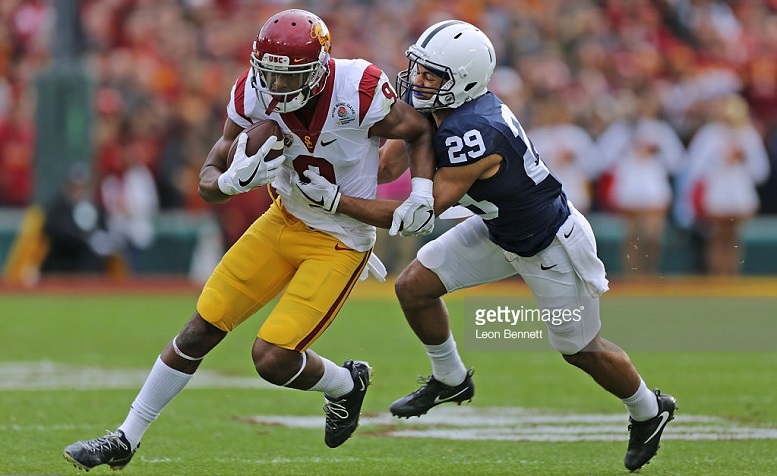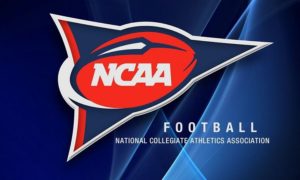Back in May, I wrote about the NCAA announcing the formation of an exploratory group whose task it would be to consider how the association’s rules could be modified in ways that would allow players to receive compensation for their likeness, name, and image, which the current rules prohibit.
This was a small step in what I would argue is the right direction, even though it ultimately is a step in their own interests, as it would allow them to once again sell their brand to such things as video games, and they could also profit from the names of their star players even more than the players themselves could. As it currently stands, a player cannot even sell an autograph.
Meanwhile, the state government of California has passed a bill in the Senate that would allow college athletes in the state to earn money from their likenesses, names, and image, and to do so without losing their amateur status.
Needless to say, such a bill would go directly against the NCAA’s own rules, at least those on the books as we speak, and that prompted President Mark Emmert to address it, sending a letter to the two committee chairs in the state.
“We recognize all of the efforts that have been undertaken to develop this bill in the context of complex issues related to the current collegiate model that have been the subject of litigation and much national debate”, he wrote, according to USA Today.
“Nonetheless, when contrasted with current NCAA rules, as drafted the bill threatens to alter materially the principles of intercollegiate athletics and create local differences that would make it impossible to host fair national championships. As a result, it likely would have a negative impact on the exact student-athletes it intends to assist”.
This statement, and the fact that he bothered to send it to them, has left the impression that the NCAA is threatening to bar California schools from competing for the national championship if they allow athletes to profit from their activities, implying that it would create an unfair advantage.
Subsequent to Emmert’s letter, and assembly member decided to seek and amendment to the bill that would state its intention to monitor the NCAA’s group and “revisit this issue to implement significant findings and recommendations of the NCAA working group in furtherance of the statutory changes proposed by this act”.
If the NCAA is headed in the direction of allowing all of its players to be compensated for their names and likeness, then there is a case to be made that players in one school being able to do so before others could be an issue. What sort of timeline does the association have for allowing this to happen, however—if it even happens at all?




